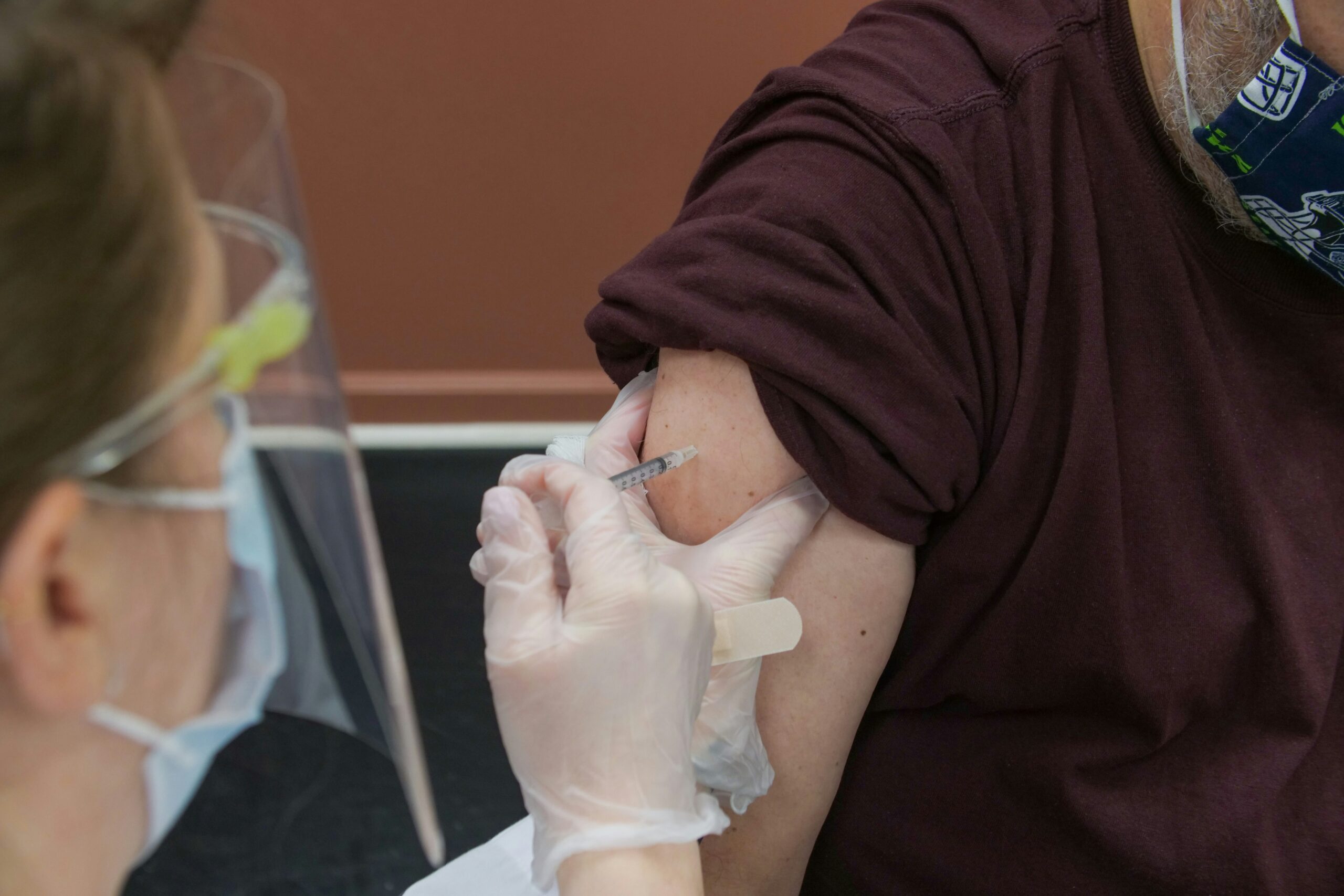The notion that people who struggle with addiction have to “hit rock bottom” before they are prepared to accept the changes necessary to turn their lives around and go into recovery is widespread. In many cases, this concept refers to a near-death experience, serious legal trouble, or the complete breakdown of important relationships. It presupposes severe mental or emotional stress as a catalyst for change. This phenomenon is sometimes even described as the “gift of desperation.” A typical example is the “rock bottom” episode of Duff McKagan. The bass guitarist of Guns N’ Roses came very close to death in 1994 when he developed acute pancreatitis after having misused alcohol and a plethora of drugs for most of his life. Similarly, soccer champion Abby Wambach went into recovery after a DUI arrest became a turning point for her. Many other, less famous people in recovery can point to such moments in their lives when the pain of substance abuse became too much to bear and they decided to get help. The question is, whether a dangerous rock bottom is really the indispensable starting point of recovery. The first problem with the “gift of desperation” is that it can kill. While this moment of crisis can help some people achieve a moment of clarity, leading to a new life, it can also mean the end of life for many others who simply did not survive “bottoming out.” Many addicts have described the rock bottom moment as the realization that they are facing three possible outcomes—recovery, incarceration (prison or psychiatric clinic), or death—supposedly prompting the only sensible choice, recovery. But addiction is the absence of choice; it is compulsive substance use despite negative consequences, including the possibility of death. What hitting bottom really means is that the substance use disorder has become so severe and the consequences so serious that the addict’s defense mechanism of denial is starting to fail and the survival instinct is kicking in. The addiction has reached crisis level. Friends and family fully realize its presence now and are no longer viewing their loved ones as “high-functioning.” The addicted individual faces what addiction professionals call “resource loss.” This refers to a compromising of multiple resources, including physical and mental health, relationship support (parents, spouse, children), employment and financial assets, and sometimes even food and shelter. It is absolutely not necessary to reach a dangerous maximum level of desperation before recovery from addiction can be initiated. A rock bottom scenario should definitely not be induced deliberately to jump-start a turnaround. No other disease requires the patient to let the condition escalate to near-lethal levels before a cure can be attempted. Early signs can be recognized and acted upon. Even though you know how to stage an intervention and it might fail repeatedly, that doesn’t mean that treatment should be postponed until rock bottom has been reached. If you’re not sure about the severity of your condition, talk to your doctor or contact Lakeview Health. “We are happy to discuss any issues you might have and make a recommendation,” says Robert Walters, Vice President of Intake Services at Lakeview Health. “We can look at the medical history, drug use, and other relevant indicators. Addiction problems can be mitigated if action is taken early on,” says Walters. “Don’t wait for an arrest or an overdose. Don’t wait for your loved one to hit bottom. Seek help now!”

Addiction Blog
- Addiction Articles
- Addiction Recovery
- Addiction Research
- Addiction Treatment Programs
- Aftercare & Relapse Prevention
- Alcohol Addiction
- Christian Drug Rehab
- Covid-19
- Detox
- Drug Addiction
- Dual Diagnosis
- Family Therapy & Support
- From Our CMO
- Gender-Responsiveness Treatment
- Guest Blogs
- Health and Wellness
- Holistic Treatment
- Lakeview Health
- Men’s Addiction Treatment
- Mental Health
- News
- Pain Management
- Podcasts
- Prescription Drugs
- Press Releases
- Sober Living
- Stories of Recovery
- Substance Abuse Treatment
- Teen/Young Adult
- Trauma Treatment
- Uncategorized
- Webinar
- Women’s Addiction Treatment



